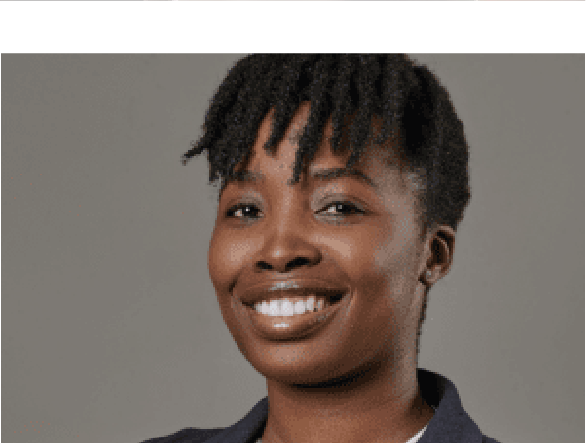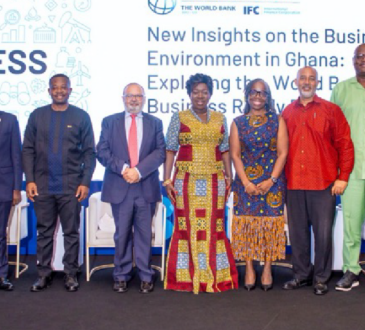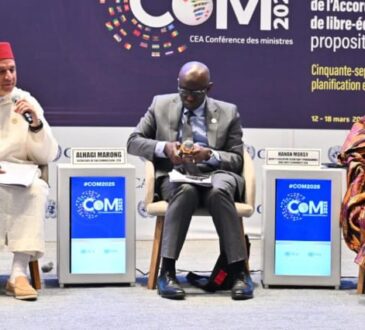
At the current rate of progress, African women will be waiting until 2093 for full economic and financial inclusion, according to the African Center for Economic Transformation (ACET), the pan-African economic policy institute based in Ghana. This is 63 years after the AU Decade for African women’s financial and economic inclusion ends in 2030, and nearly 70 years from today.
The 2025 African Transformation Report (ATR) and 2025 African Women’s Inclusion Index (AWII), released yesterday, find that Africa is lagging in achieving gender equality across several dimensions. The reports identify shared power and intentional policy as essential to moving the needle on equality, making Africa’s economic transformation stronger and more sustained.
“We risk another three generations of slow transformation on the continent unless we get serious about women’s financial and economic inclusion,” said Mavis Owusu-Gyamfi, President and CEO of the African Center for Economic Transformation. “Countries must step up and course correct to ensure that everyone is able to contribute to and benefit from Africa’s progress.”
Several key findings emerge from ACET’s research, pointing to perceptions, power, and policy as key barriers that need urgent attention.
Perceptions about women’s place and ability remain the biggest barriers holding countries back from realizing full gender equality.
Persistent power imbalances at all levels including global power dynamics in both the economic and development realm affect the technical, policy, and fiscal space and capacity of African states to address gender inequality and promote economic transformation.
Addressing these perceptions and power structures will require intentional, gender-transformative policies that cut across sectors to enable women to access the tools and develop the human capital needed to realize their full potential.
A rocky path to inclusion
While countries are making some progress on inclusion, the pace is too slow, and efforts remain insufficient. Between 2011 and 2022, Africa’s average AWII score increased only from 45.6 to 53.5 out of 100.
Progress across the continent also remains unequal with Southern and East Africa leading the way, while West, Central, and North Africa lag and require targeted interventions.
The AWII also found that despite mobile money expansion on the continent with the proliferation of mobile phones, financial inclusion scores remained low at 42.7/100, with 25 out of the 42 countries covered in the AWII scoring below the regional average.
Women’s political participation, the index finds, is also not keeping pace with Africa’s demographic shifts. Only six out of 42 countries score above 80, while 25 countries remain below average on the index.
While these findings present a stark reality, there is hope for change, if governments are intentional about embedding gender considerations into economic policies that ensure that both men and women share power at all levels.
“African countries cannot afford to wait to advance inclusion and gender equality if they are to transform,” said Dr. Theophiline Bose-Duker, Senior Economist at ACET and main author of both reports. “Policy makers must act now to address the barriers that continue to hold back progress for Africa’s women, girls, men, and boys.”
Several countries on the continent have shown the way and leaders must act now to address the persistent barriers.
Rwanda’s gender-responsive budgeting has led to better allocation of resources for women’s empowerment programs, highlighting the critical need to strengthen the level of coherence between macroeconomic policies and gender equality policies, ensuring that economic policies are inclusive and transformative.
Rwanda and South Africa show that increasing women’s political participation can lead to policies that improve their economic rights, with a positive implication for the country’s economic growth, according to the ATR.







